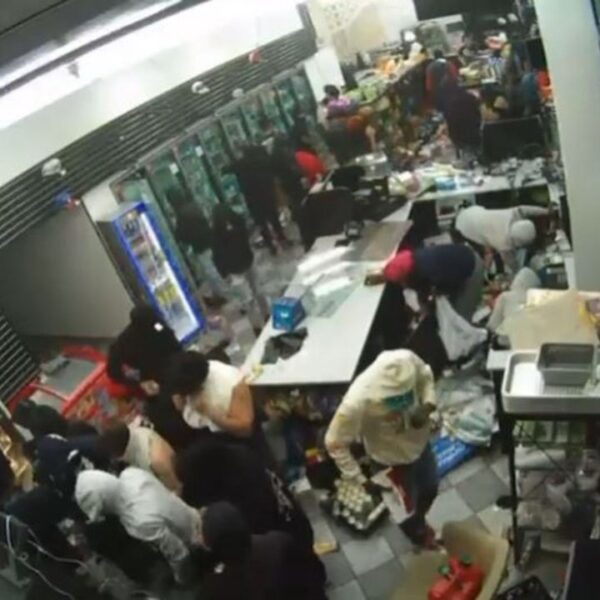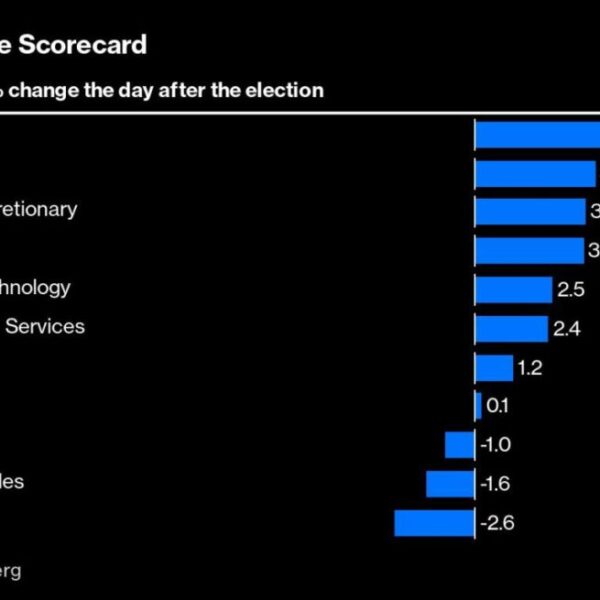

The arrival of the internet unleashed a wave of creativity as users found new ways to make and mix culture, but it also delivered an economic blow to authors, musicians and news outlets. Much of the revenue that had once flowed to content producers got gobbled by tech platforms like Facebook and Google. Now, at the dawn of the AI age, many fear the same type of economic disruption is poised to happen again.
This time around, the threat to creators comes in the form of Silicon Valley companies racing to train their AI systems by helping themselves to content available on the web—often without seeking permission. In response, a startup called Story is proposing a radical solution: remaking the intellectual property regime in order to let creators rapidly register their works on a blockchain, and use it to track and distribute royalties.
The idea of a startup seeking to blend three incredibly complex fields—AI, copyright and blockchain—may sound like a longshot. But the duo behind Story has already gained enough traction to raise an $80 million Series B funding round, which it announced on Wednesday, following an early round that raised around $54 million. The crypto division of venture capital giant Andreessen Horowitz led the round, which also drew contributions from Stability AI SVP Scott Trowbridge, K11 founder Adrian Cheng and digital art collector Cozomo de’ Medici.
‘Lego IP’ for the AI age
Story is the brainchild of S.Y. Lee, an Oxford-educated South Korea native, and Jason Zhao, who studied at Stanford and spent two years at the Google AI subsidiary DeepMind. The pair came to believe that the existing intellectual property regime has struggled to keep up with the fast-changing internet landscape, and that an entirely new approach is necessary to handle the onslaught of AI.
Lee says creators, who depend on search engines and social media platforms to help consumers discover their work, are particularly vulnerable as tech giants seek to replace existing content with AI-generated material.
“AI can be creative but also destructive by hijacking your traffic,” he says. “Google was nice in giving traffic to your website, but not for much longer.”
In order to stave off the tech giants, Zhao and Lee are building a service that will let creators rapidly wrap intellectual property around their works. In order to carry this out, they are using an entity called PIP Labs, which is the primary contributor to the Story blockchain. Story itself, which is built to be compatible with the widely used Ethereum blockchain, is currently in so-called testnet mode, and is slated to be available to the public in November.
The idea is not only for Story to serve as an IP registrar of sorts, but also a forum where creators can use smart contracts to designate who is able to access the work, and to collect and pay royalties on behalf of contributors. In this way, Lee says, Story will act as a “QR code for IP” and offer modular units that amount to a sort of “Lego IP.”
As for who is using their service, the Story founders pointed to those who use the popular online art platform Magma. They also described users who might want to create their own spin on a Nike sneaker design or develop a fictional world inspired by Harry Potter characters. For these type of examples, Lee and Zhao said PIP Labs envisions coming to arrangements with companies where users with large fan bases receive permission to license and sell works derived from their brands.
As PIP Labs put it in a press release announcing the funding round: “Creators not only use Story to declare the sovereignty of their IP and define usage parameters around their IP, but also to bootstrap a global network that turns fans into evangelists by remixing, selling, and distributing their IP.”
Inspired by social media creators
The idea of a fast and easy-to-use IP regime designed for the AI age sounds great—in theory at least. In practice, Story and its users must contend with the reality that powerful IP holders, such as Disney or fashion giant LVMH, are unlikely to make a startup’s blockchain part of their legal regime. Meanwhile, neither Silicon Valley tech giants nor prominent IP attorneys are likely to clamor for a service like Story.
Making the startup’s task more difficult still is the fact that portions of intellectual property law are currently unsettled—such as the scope of copyright’s fair use doctrine or the rules around digital trademarks. How will Story’s “Lego IP” blockchain account for new laws, regulations and court rulings that narrow or expand the scope of intellectual property?
The Story founders say they are not daunted by these obstacles, and note they are taking the legal nuances of intellectual property seriously. Their efforts on this front include retaining IP lawyers at the Los Angeles office of the white shoe law firm Latham & Watkins.
Lee and Zhao may also take some encouragement from the fact that others have succeeded in building new intellectual property regimes for the digital age. One notable example is the Creative Commons licensing regime—a set of rules and online legal tools first launched in 2002 that offer any internet user an easy way to share and remix web-based content.
Zhao says Story is partially inspired by the Creative Commons model, and that it is designed to offer similar features—but also a way for users to earn and distribute money.
He also concedes that Story is unlikely to attract powerful establishment players like Disney. Instead, he says the platform is built to appeal to creators of “second tier IP” who are creating large volumes of data sets, memes, character traits and so on.
Zhao says that the generation of creators who come of age using AI tools are akin to the generation of social media stars who came before and were likewise not taken seriously by legacy brands.
“It’s just like YouTube—it didn’t start with people asking Steven Spielberg to post stuff. It started with people uploading with their phones and, in 15 years, you get MrBeast.”















